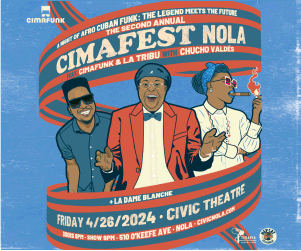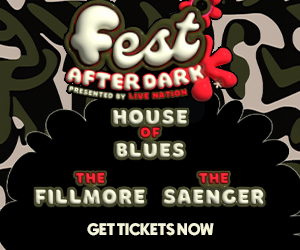 |
The title of Jeremy Lyons’ new album is appropriate, not because it’s about death—thought getting busted figures prominently—but because the street singer’s life is central to the album. The album’s centerpiece is “Jackson Sq. Massacree,” a lengthy tale of legal woe that is sung/spoken, and many of the songs reflect on the street singer’s life, including the company he or she keeps. In that sense, Death of a Street Singer is a strong record, providing insight into the community of people that hustle for a living in the French Quarter.
The band’s art is also shaped by the busking tradition. There is little in the arrangements that Lyons, Greg Schatz and Paul Santopadre can’t play acoustically in the streets. The lyrics, though, also show signs of having to hold a crowd long enough to earn a tip. They’re often cleverly funny because funny and clever almost always please a crowd, but those are also distancing mechanisms. In this case, emotional repercussions are almost always muted or obscured by the wit. In “I Just Don’t Care,’ for instance, Lyons catalogues the song’s target’s shortcomings, but he simply doesn’t sound fed up.
There are occasions when the indirect approach hits, though. “Full Deck” has a sing-songy melody, and the hook—“You’re not playing with a full deck”—is pretty easy, but the subject matter doesn’t match the breezy tone. “Back when you got off the crack / swore that you would never go back,” he sings. “Then you got strung out again / this time on the needles and pins.” In the end, Lyons diminishes the distance between him and his subject by singing that he’s not playing with a full deck either, but that doesn’t mitigate the fact that a lot of heavy shit is being discussed in the lightest terms possible.
It’s hard not to hear Death of a Street Singer as a sayonara to the street life. Obviously, there’s the title, and “Streets of Blues” looks back on his Quarter days fondly. Lyons now lives in Massachusetts so he’s literally off the streets. Obviously, though, busking shaped not only his life but his art, and it’s a part of the New Orleans musical story that doesn’t get enough attention.




